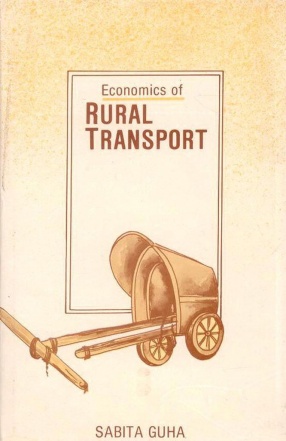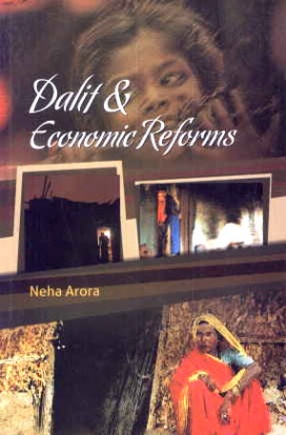The work is based on author’s Ph D thesis, which dealt with the rural transport system. This is mainly a theoretical work which seeks to explain how different techniques of economic appraisal could be applied to transport sector in rural areas to facilitate decision-making. The first section analyses benefit cost technique in detail and seeks to apply the criterion to a rural road project. While the technique is often applied in case of highways catering to modern traffic, it is not easily applicable to rural roads where vehicular benefit offers considerable difficulties. However, saving in operation cost and time cost are accepted as two indicators of benefit for commodity traffic and passenger traffic. Next, monetary cost and revenue are converted into social cost and finally, a sensitivity analysis has been taken recourse to for indicating a range of values accruing to particular project. The second exercise hinges on building a regression model establishing an interconnection between road development on the one hand and production, price level, employment, on the other. Here also a road section in a block area has been chosen for testing the hypothesis. A section has been added on water transport, which was once the nerve system of riverine Bengal. This mode needs to be developed, because it is both fuel-efficient and pollution free. Moreover, it is quite cheap and if properly developed, can open wide market for the products of remote villages, specially in areas like Sunderbans in the south of West Bengal where water transport in the life-line.
Economics of Rural Transport
In stock
Free & Quick Delivery Worldwide
Bibliographic information
Title
Economics of Rural Transport
Author
Edition
Reprint
Publisher
Daya Publishing House, 2018
ISBN
9788170351023
Length
xxii+134p.
Subjects





There are no reviews yet.